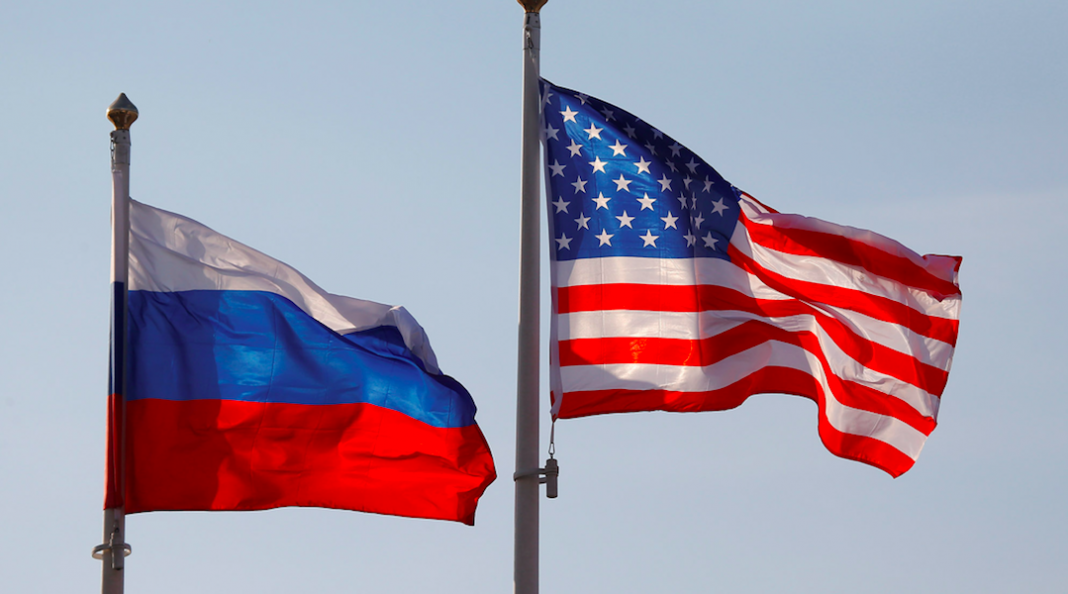WASHINGTON— On Monday, June 9, Special Presidential Envoy for Arms Control Marshall Billingslea announced that U.S. and Russian officials will meet to negotiate nuclear arms control. This is expected to be held on June 22 in Vienna by Billingslea and Russian Deputy Foreign Minister Sergei Ryabkov.
There is one bilateral treaty standing between the U.S. and Russia, New START, also known as the Strategic Arms Reduction Treaty. New START was signed in 2010 by Former American President Obama and Former Russian President Medvedev. It took effect in 2011 to limit the use of nuclear warheads, intercontinental ballistic missiles, and other weapons. However, it will expire in February of 2021.
The U.S. withdrew from the Treaty on Open Skies in April 2020 due to alleged violations by Russia. There are 34 member-states in it, including Canada, France, Italy, Russia, Turkey, and the United Kingdom. The Trump Administration has instead favored a trilateral treaty between the U.S., Russia, and China.
Billingslea extended an invitation to China that has been supported by Russian officials. Many arms control experts advocate for New START to be extended with China rather than a new deal to be brokered because of the limited time left.
Geng Shuang, a spokesman for the Chinese Foreign Ministry, had previously stated that China had “no intention to participate” in trilateral arms control negotiations. This was reiterated on Monday, June 8.
In response, Billingslea tweeted: “China just said it has no intention to participate in trilateral negotiations. It should reconsider. Achieving Great Power status requires behaving with Great Power responsibility. No more Great Wall of Secrecy on its nuclear build-up. Seat waiting for China in Vienna.”
Without the renewal of New START or the implementation of a new treaty, the U.S. and Russia would be unable to inspect each other’s nuclear forces for the first time in 50 years.






